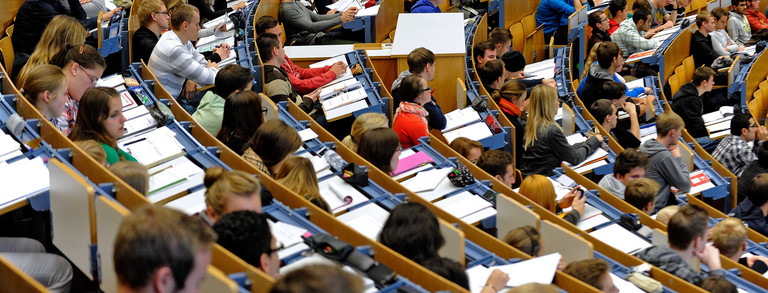Industrielle Prozesse petrochemischer Zwischenprodukte
Course Content
This course provides an overview of the most important petrochemical processes for the technical synthesis of organic intermediates (alcohols, aldehydes, ketones, carboxylic acids, ethers, epoxides, amines, isocyanates, etc.) that have not yet been covered in previous studies. In addition, higher-level concepts are taught which underlie the principal synthesis of certain product classes. Against this background, the importance of the most important petrochemical basic and base chemicals is dealt with in particular and their possible links are shown.
Aquired competences
In this module, students have gained in-depth material knowledge in the field of petrochemical intermediates, which is of great importance for successful engineering work. They have learned to compare processes on the basis of specific individual examples and to weigh up the advantages and disadvantages of certain reaction executions, reactor types, reprocessing steps and recycling methods. In discussing the examples, they have dealt intensively with questions of safety and environmental protection, energy conservation, selective reaction control through the targeted use of catalysis, and economic aspects, thereby deepening their knowledge.
Further Details
| Exam | Written - 120 min or in combination with Industrielle Prozesse nachwachsender Rohstoffe 180 min |
| Preliminaries | Admission requirements for the courses of the second and subsequent semesters are defined in § 9 paragraph 7 of the Examination Regulations; the Examination Committee decides on any exceptions in the case of required courses. |
| Literature | M. Baerns, A. Behr, A. Brehm, J. Gmehling, K.-O. Hinrichsen, H. Hofmann, U. Onken, R. Palkovits, A. Renken: Technische Chemie, Wiley-VCH, 2. Aufl. 2013. A. Jess, P. Wasserscheid, Chemical Technology, Wiley-VCH, 2013. A. Behr, T. Seidensticker, Einführung in die Chemie nachwachsender Rohstoffe, Springer-Spektrum, 2018. The slides of the course and any additional materials such as literature lists and website recommendations will be published in the virtual workrooms in Moodle provided for this purpose. Details will be announced at the beginning of the course. |
Only the information found in the LSF and the most recent edition of the Modulhandbuch der Fakultät Bio- und Chemieingenieurwesen is binding. The content on this page may not reflect the most up-to-date information.





